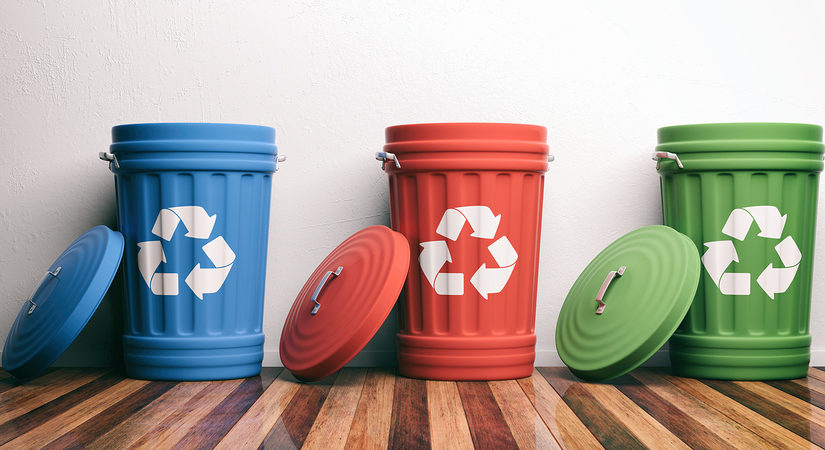The EU General Data Protection Regulation, better known as GDPR, comes into force on May 25th 2018 and imposes new rules on the way companies manage private individuals’ data, along with stiff penalties for data breaches.
A lot of the focus up until now has been on the impact this has on marketing activities – and anyone who subscribes to several mailing lists and newsletters will no doubt have received an influx of emails asking you to confirm you want to continue receiving your subscription after May 25th.
But one issue that has not been mentioned much is commercial e-waste, in the form of old computers, tablets, smartphones and external storage devices that have reached the end of their useful life span.
Incentive to recycle e-waste
In the past there has been little incentive for businesses to recycle e-waste, other than an ethical commitment to protecting the environment. For some, the extra effort of having electronic waste collections for recycling just hasn’t seemed worth it.
GDPR arguably changes all that. From May 25th, for example, simply throwing away a pen drive could lead to a substantial fine – up to 4% of your annual turnover – if it contains private individuals’ identifiable data that is subsequently leaked.
Risk mitigation specialists at NCC Group estimate that if GDPR had been in force in 2016, the £880,500 fines handed out by the Information Commissioner’s Office in that year would have been closer to £69 million, a nearly 80-fold increase.
Can you skip e-waste?
So the financial incentive to recycle e-waste may grow under GDPR, but electronic devices are still subject to the rules on disposing of WEEE regulated waste.
This raises the question – can you skip e-waste? – and the short answer is that yes, you can, so long as you work with a skip hire provider who will dispose of electrical waste for you in an appropriate way.
In fact this is an effective way to kill two birds with one stone, as the complete e-waste recycling process means you can rest assured that any data on the device is not only deleted, but completely destroyed, and quite possibly melted down to be made into something new.
How to dispose of electronic waste under GDPR
We believe enclosed skip hire is arguably one of the best ways to dispose of electronic waste under GDPR while still fulfilling your WEEE obligations.
An enclosed skip, especially when placed in an off-road location, helps to prevent unauthorised access to any electronic devices until the skip’s collection date.
Once collected, we can confirm that we will dispose of waste electronics in a GDPR-appropriate way, so that no trace of any data stored on the system remains.
There are still economic and sustainability arguments in favour of recycling WEEE waste too, as these devices often contain valuable metals, as well as potentially toxic substances that must not be allowed into the environment.
We would only ask that you let us know if any of your electrical equipment contains a battery, as while we cannot normally collect household and vehicle batteries, we will be able to advise you on the best option to dispose of them, while removing the rest of the device for recycling.
